English author Alison Morton shares the experience of flying the flag for indie authors at the recent Romantic Novelists' Association Conference, in the company of many ALLi members.
Speaking at a conference is exhilarating and enjoyable as well as something that usually entails a mountain of work beforehand. If you’re asked to be a panel member, you are usually there for your experience and/or knowledge. At the recent Romantic Novelists’ Association conference in Lancaster, I did both.
It was delightful to see several ALLi friends there. Debbie Young talked about getting your book into bookstores, libraries and festivals. “The ALLi messages about effective working with these parties are equally valid for all RNA members, no matter how they are published, and I enjoyed our lively discussion,” she reports.
ALLi author and book designer Jane Dixon-Smith revealed cover secrets and commented that “it was a lovely atmosphere and a great bunch of people.”
Carol Cooper brandished her iPhone and took dozens of photos and delivered witty remarks in between sessions. “I got lots of insights into the future of publishing,” she says. “And thoughts on trends in contemporary fiction – in so far as anyone knows what they might be. The speakers at RNA 2016 were definitely at the leading edge. And networking or just meeting people and making new friends was great fun too. RNA members are very convivial.”
Anne Allen was on form, sporting a fetching necklace and earring set subtly advertising her books!
I asked my long-standing critique partner and ALLi member, Denise Barnes, for her impressions.
“For me, this was the best conference ever. Everyone was so happy to be there, and they were joining in and chatting with one another, swapping information, and introducing newcomers to the professionals and other experienced authors. All the workshops and panels I attended were informative and inspiring, and I met such lovely people, several of whom bought my books! The food was excellent and every single member of staff were delightful. Honestly, it's going to take a lot to follow this one.”
My own talk to sixty people about historical research and how to avoid the info dump seemed to go well. That had taken hours of work to write, to select images, concoct PowerPoint slides, write and print handouts. My husband came downstairs one morning last week with a puzzled frown – he’d heard my voice and wondered who I was talking to. I was rehearsing my talk, of course!
I wibbled on for an hour, showed some pretty pictures and answered questions. There were no fights, nobody fell asleep that I could spot, no blood on the floor and they laughed in the right places. What more could you ask?
All for One
But the (in a way) more serious session was “Together we stand: a panel on the many faces of publishing”. The theme was collaboration. Agent/bookseller David Headley was unwell, but multi-published Katie Fforde stepped in and sat alongside Carole Blake (agent), Donna Hillyer (freelance editor ex Harlequin), Dominic Wakeford (Piatkus) and me. Nicola Cornick, RNA vice-chair and well-published author kept order.
Apart from personal delight at the ‘licence to speak', I was thrilled that at last a publishing panel at genre conference had an indie representative. I’ve seen too many trade panels completely ignore this section of the publishing industry: the RNA has led the way (again).
After introducing ourselves, our place in the publishing universe, we threw various topics around. Indie authors, like others were presumed to be alone, but I pointed out that authors’ co-operatives were alive, flourishing and carving out a good presence. Authors, both traditional and indie also collaborate in collections such as the forthcoming 1066 Turned Upside Down historical fiction I’m part of. And of course, I might have mentioned ALLi once or twice…
But the most intriguing discussion was about editing; it illustrated a sharp difference in the editor role in traditional and indie publishing. In the former, an editor is pitched to by an agent/author, accepts and commissions as well as critiques and facilitates the author’s book – guides and gatekeepers. In the indie world, an editor is a paid expert contractor who works for and with the author. Lots of ‘ah’s, ‘um’s and head nodding. I outlined my own process: critique partner, structural editor, copy editor, then emphasised relationship was a collaborative, egalitarian one between professionals.
And to finish, I mentioned my own collaboration with Blake Friedmann Literary Agency; I retain UK print and ebook rights and they represent me for ancillary rights such as audio, translation, TV films, etc.
As far as the Romantic Novelists’ Association is concerned, indies are now an essential part of the writing and publishing spectrum.
OVER TO YOU If you were at the conference and Alison missed you, please feel free to add your experience via the comments!
RELATED POSTS

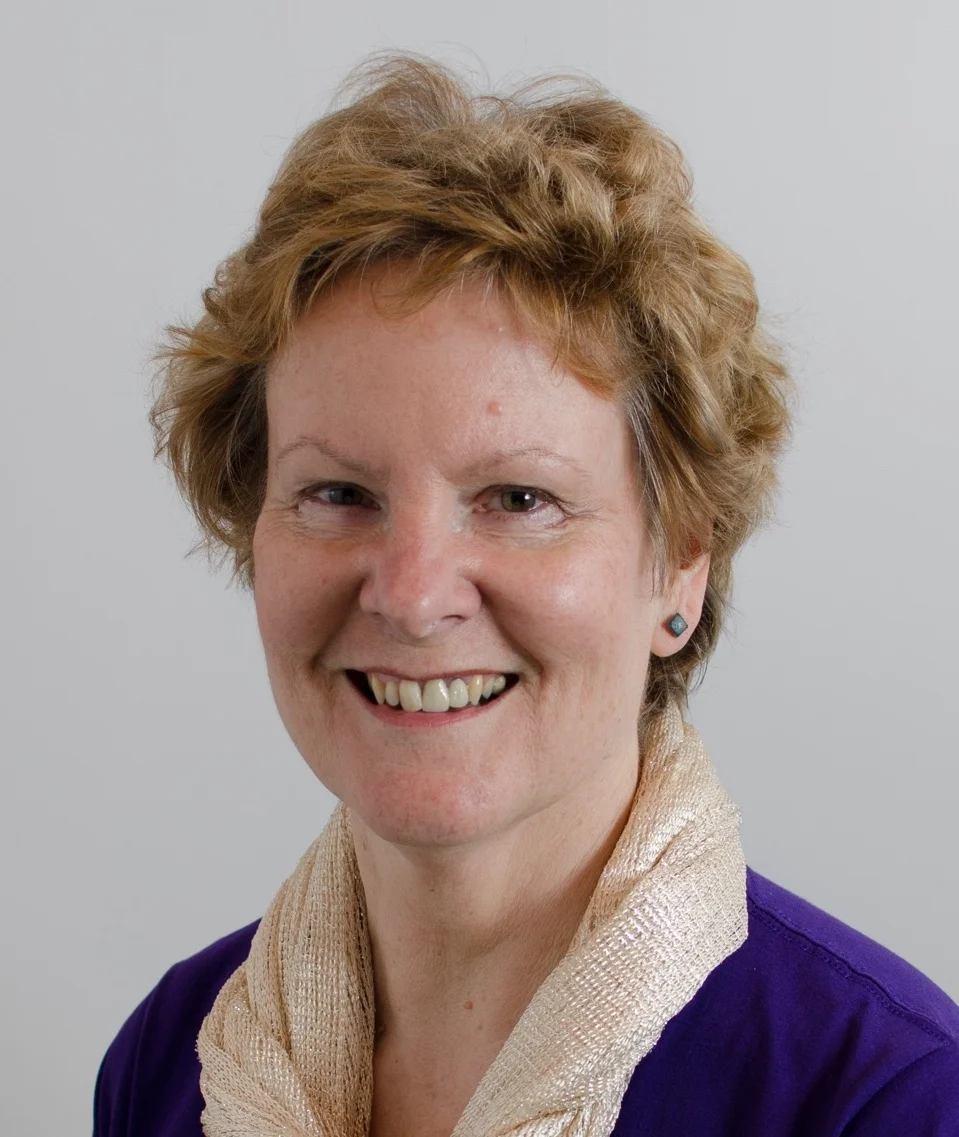
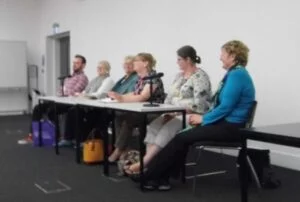

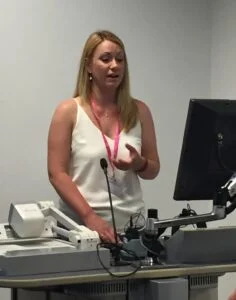
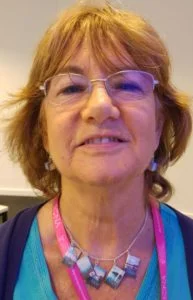
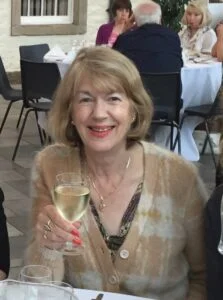



Alison, what a great post. It looks as if the RNA is seeing the light when it comes to indie authors. Could you let us know what the membership criteria is? Is it still book sales for indies & publishing contract for trade published authors?
Great post, Alison, obviously enhanced by your critique writing partner!
It certainly was a great conference and I think the Indies are a force to be reckoned with (sorry about the cliche).
The RNA gave me a lot of support when I started writing and I’m delighted to have seen it evolve in response to new developments in the publishing industry. Also, I now feel I can give back.